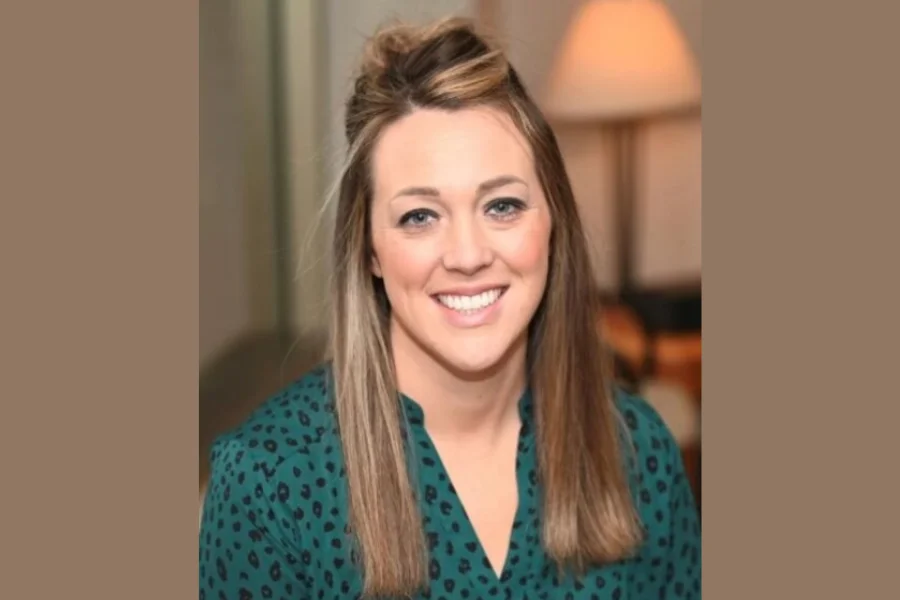 White Hat Link Building – Safe. Powerful. Long-Term.
White Hat Link Building – Safe. Powerful. Long-Term.
The Fappening: A Comprehensive Exploration of Privacy, Celebrity Culture, and Digital Security
Written by sabigi » Updated on: June 17th, 2025

In the age of digital connectivity, the intersection of celebrity culture and privacy has become increasingly fraught with tension. The Fappening incident, which unfolded in 2014, serves as a stark reminder of the vulnerabilities present in our digital lives. This event, characterized by the massive leak of private photographs of numerous celebrities, not only ignited widespread media coverage but also raised important questions regarding privacy rights, digital security, and the implications of living in a hyper-connected world.
Understanding the Fappening Incident
The term Fappening is a portmanteau derived from the words "fap," a slang term referring to masturbation, and "happening." It refers to a series of high-profile leaks of private and intimate photographs of various celebrities, predominantly female, that occurred in late 2014. This incident primarily stemmed from a security breach of Apple's iCloud service, where hackers exploited vulnerabilities to access the private accounts of several Hollywood stars, including Jennifer Lawrence, Kate Upton, and many others.
The Mechanics of the Hack
The breach was reportedly facilitated through phishing techniques and the use of brute force attacks to guess passwords. Hackers targeted not only iCloud but also other online platforms where these celebrities stored their private images. Once they gained access, they systematically downloaded and shared these photographs across various online forums and websites. The scale of the breach was staggering, with thousands of private images being disseminated widely across the internet.
The Aftermath and Legal Consequences
In the wake of the Fappening, there was a significant backlash against the perpetrators and a renewed focus on digital privacy laws. Celebrities expressed outrage, and many took to social media to voice their frustration. The incident prompted discussions about consent and the ethics of sharing intimate images, leading to calls for stricter regulations around digital privacy.
Law enforcement agencies pursued the individuals responsible for the hacking. In 2016, a man named Ryan Collins was sentenced to 18 months in prison for his role in the hack, having gained access to over 100 accounts, including those of numerous celebrities. The legal consequences underscored the seriousness of the crime and highlighted the need for greater protections against such violations.
The Impact on Celebrity Culture
The Fappening had profound implications for celebrity culture, bringing to light the blurred lines between public and private lives. Celebrities often navigate a world where their personal lives are scrutinized by the media and fans alike, yet the incident demonstrated the vulnerabilities that accompany their fame.
Shift in Public Perception
Public perception of the celebrities involved shifted dramatically. While some fans rallied in support of the stars, others were drawn to the leaked content, leading to discussions about the nature of celebrity and the public's insatiable curiosity. The dichotomy of support and exploitation raised ethical questions about how society views and treats public figures.
Empowerment and Advocacy
In the wake of the incident, many celebrities began to advocate for digital privacy rights. Public figures like Jennifer Lawrence spoke out about the violation of privacy and the long-lasting effects such leaks can have on individuals’ mental health. This advocacy has spurred conversations about consent, digital ethics, and the responsibilities of both content creators and consumers in the digital space.
Digital Security Lessons Learned
The Fappening incident serves as a cautionary tale regarding the importance of digital security. As technology continues to evolve, so do the tactics employed by hackers. This breach highlighted the necessity for individuals, especially those in the public eye, to adopt robust security measures to protect their digital identities.
Best Practices for Digital Security
Strong Passwords: Utilizing complex passwords that combine letters, numbers, and special characters is essential. Avoid using easily guessed information, such as birthdays or names.
Two-Factor Authentication (2FA): Enabling 2FA adds an extra layer of security, requiring users to provide two forms of identification before gaining access to their accounts.
Regular Software Updates: Keeping software and applications updated helps protect against vulnerabilities that hackers may exploit.
Awareness of Phishing Attacks: Being vigilant about suspicious emails or messages that request personal information is crucial in avoiding potential breaches.
Secure Cloud Storage: Opting for reputable cloud storage services with strong security protocols can help safeguard sensitive content.
Cultural Reflections on Privacy
The Fappening has catalyzed a broader cultural conversation about privacy in the digital age. With the rise of social media, many individuals willingly share aspects of their lives online, often without considering the potential consequences. The incident serves as a reminder that what is shared online can quickly become public, and the ramifications of such exposure can be severe.
Navigating Consent and Image Sharing
The discussions surrounding consent have grown increasingly important in light of the Fappening. Advocates argue for a culture that prioritizes consent in all forms of image sharing, emphasizing that individuals must have control over their own likenesses and private content. This cultural shift is vital in creating a safer digital environment for everyone.
Conclusion
The Fappening stands as a pivotal moment in the discourse surrounding privacy, celebrity culture, and digital security. It serves as a reminder of the vulnerabilities inherent in our increasingly connected world and underscores the need for robust protections against such breaches. As we continue to navigate the complexities of digital life, it is imperative to foster a culture of consent, advocate for privacy rights, and remain vigilant against the threats posed by cybercriminals. By doing so, we can help ensure that personal dignity is preserved in an age where the boundaries between public and private life are often blurred.
Note: IndiBlogHub features both user-submitted and editorial content. We do not verify third-party contributions. Read our Disclaimer and Privacy Policyfor details.
Copyright © 2019-2025 IndiBlogHub.com. All rights reserved. Hosted on DigitalOcean for fast, reliable performance.














